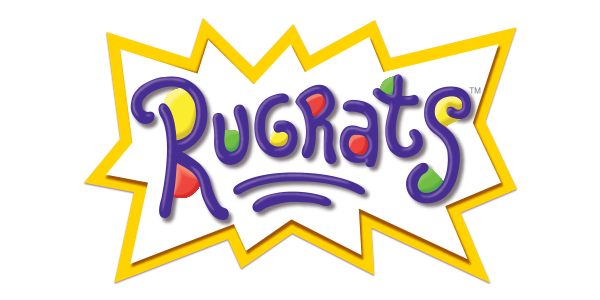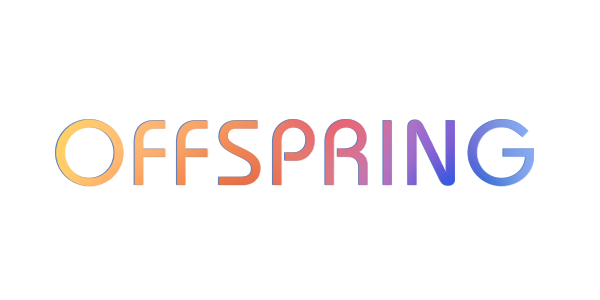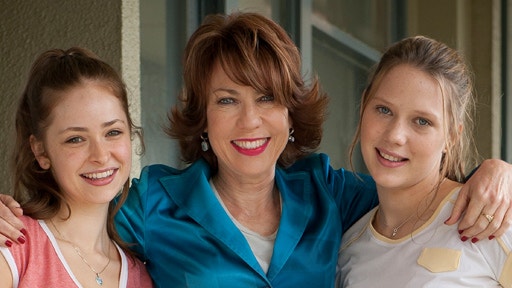What is Puberty Blues about?
Puberty Blues is an uplifting story of two girls who broke free from peer group pressures. That’s the message I want to convey - that females are each other’s human wonderbras, uplifting and supportive and making each other look bigger and better.
What is it about Puberty Blues that made it such a success?
What makes the book a cult classic is the wry, dry humour - drier than a Betty Ford clinic. The book is like the literary version of straight vegemite - astringent, intense and tangy. That’s what gave the tale its authenticity.
Why did you want to write it?
At that age, you think it’s normal to be treated as a human handbag, draped attractively over the arm of some bloke. Once we realized that Germaine Greer wasn’t just rhyming slang for beer, we wanted to write down our story to help liberate the other surfie girls whose talents were lying dormant , i.e. the boys were walking all over them.
What was the public reaction to the book?
Overwhelming. Two copies of the book were sold in every household. Kids were secretly reading it underneath the bed clothes by torch (including Kylie Minogue, she tells me) saying: “Yes! That’s our life.” And the parents were secretly reading it too, aghast, saying: “No! Is that their lives?!”
How did you deal with the sudden fame?
It was odd to go from anonymity to overnight notoriety. My poor mother, who was a headmistress at the time, received threatening phone calls from judgmental parents.
What was it like growing up in the shire in the 70’s?
The 70s was a time of social upheaval. The generation gap was Grand Canyon-wide between parents and their kids. They had no idea that we were all smoking and drinking, experimenting sexually and pushing the boundaries. The series scripts capture that extraordinary 70s mix of optimism, naivety, sexism, brutality, racism, politically incorrect humour, happiness and hilarity.
How do you feel looking back on that time now?
I’m shocked at the blatant sexism. Women were second class citizens. The surfie boys I grew up with disproved the theory of evolution. They were evolving into apes. We girls were little more than a life support system to a pair of breasts.
Which parts of the story do you think still resonate with young people today?
The humour. I just write down the way women talk with no men around. It’s a great male myth that women aren’t funny. I think men just say that as they’re terrified what it is we’re being funny about.
Do you think the way teenagers interact has changed since the 70s?
For one thing, girls are now surfing. When I was a surfie chick, all you could do was fetch the chicko roll, mind the towel and massage male egos. Our self-esteem was lower than Britney Spears’ bikini line. Young women today are more determined to be treated as equals. I’m pleased to say that the young surfie males have finally flopped onto the shore and evolved.
How have things changed for women?
Things have become a little easier, in that we are more protected by the law. Having said that, young women have many more pressures on them than ever – to be catwalk beautiful, a domestic goddess, an earth mother juggling kids and career. My message to young women is – yes, women can have it all, just not all at once. Don’t try to be perfect.
What are you like as a mother?
I was a totally overprotective mother. My daughter is my pride and joy - she’s now 19. But because of the sexist, tribal brutality I encountered as a teenager, when my own daughter turned 13 I just wanted to ground her until she hit menopause! Teenage daughters are God’s punishment for having sex in the first place! Still, it must be sweet revenge for my own darling mum. The generation gap between parents and kids has shrunk - our kids know they can talk to us about anything.
What do you think of books being adapted for film and TV?
Adaptations can be disappointing. My book Mad Cows was made into a film starring Anna Friel and Joanna Lumley. It was so dire I bought back a lot of my film rights. The Victorian Opera staged How To Kill Your Husband - And Other Handy Household Hints last year and that was a triumph. I’m hoping Puberty Blues will be more than just a raunchy romp down memory lane, but also a poignant reminder of how hard won women’s rights have been.
What challenges does the TV series face?
Getting the details just right. A big part of the success will be its nostalgic elements – the drinking and driving, the non-wearing of seatbelts, the frying in the sun covered in baby oil with no sunscreen.
How involved have you been in the TV series?
I’ve read all the scripts and given notes on dialogue and character. I’ve made sure the teachers are wearing long socks with their shorts and have gold ingots nestling in their chest hair. And that the girls have rising inflections and say “roollly” a lot. It’s hilarious to be considered old enough to be archival.



























